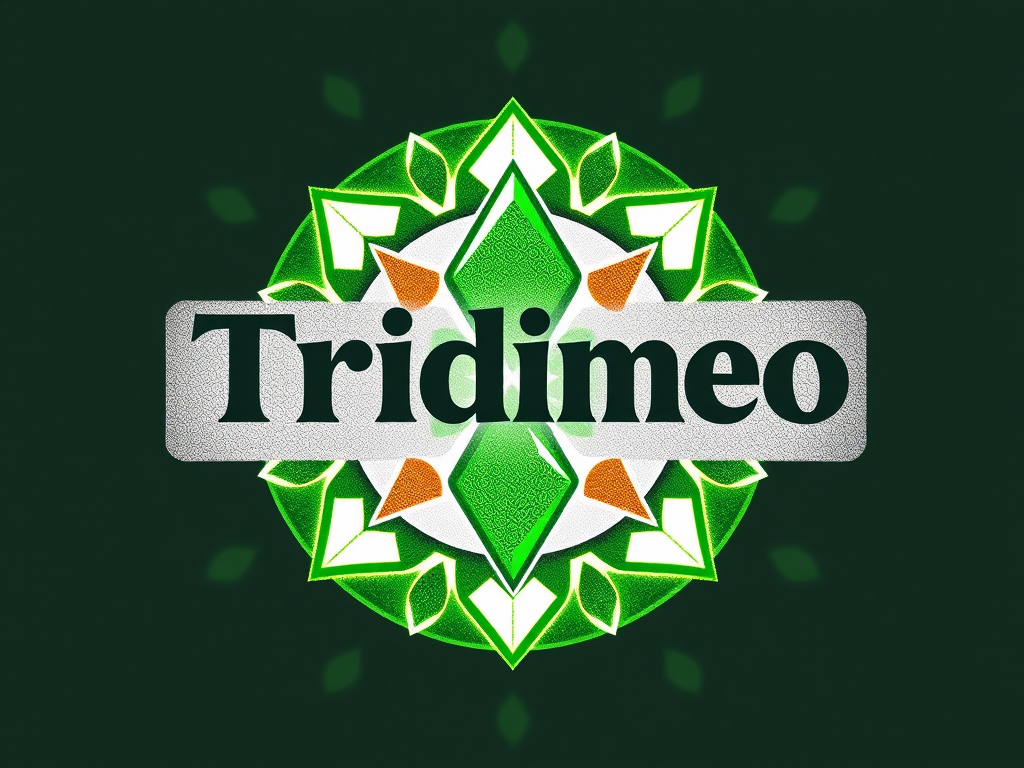Understanding Blockchain Technology in the UK Marketing Landscape
Blockchain technology is built on decentralisation, immutability, and transparency. Fundamentally, it is a distributed digital ledger that records transactions in a secure and permanent way. Each block contains information that is cryptographically linked to the previous one, ensuring tamper resistance.
In the context of blockchain in UK marketing, adoption is steadily increasing as businesses seek to drive digital transformation in the UK. Marketers use blockchain to verify ad impressions, reduce fraud, and enhance the accuracy of consumer data. Companies across advertising, retail, and finance sectors are integrating blockchain to improve efficiency and trust.
Also to see : How Can You Leverage UK Computing Innovations to Boost Your Marketing Strategies?
Key drivers pushing blockchain integration in UK marketing include the demand for greater transparency, improved data security, and compliance with tightening regulations such as GDPR. Firms recognize that blockchain’s ability to provide a verifiable audit trail helps foster consumer confidence. Additionally, enhancing collaboration through decentralised platforms supports personalised marketing and direct interactions with customers, aspects highly valued in the evolving digital landscape.
Understanding Blockchain Technology in the UK Marketing Landscape
Blockchain basics focus on a decentralised digital ledger system that ensures security and immutability. This technology records transactions in linked blocks, creating a seamless, tamper-proof chain. In blockchain in UK marketing, these principles underpin growing efforts to enhance transparency and data integrity across campaigns and customer interactions. The digital transformation UK businesses are undergoing is accelerated by blockchain’s ability to provide verifiable, auditable data.
This might interest you : How Can Innovations in Computing Transform UK Marketing Strategies?
Adoption trends reveal that industries such as advertising, retail, and finance in the UK are increasingly integrating blockchain to reduce fraud, authenticate digital transactions, and improve consumer data accuracy. These sectors value blockchain’s decentralised nature to foster greater transparency and combat legacy system inefficiencies.
Key drivers for blockchain integration include compliance demands like GDPR, the pursuit of secure data handling, and the need to rebuild consumer trust amid digital scepticism. Businesses also recognise that blockchain supports innovative marketing strategies by enabling personalised and direct consumer engagement. This convergence of factors makes blockchain a vital element of the ongoing digital transformation UK firms pursue to maintain competitiveness and enhance customer relationships.
Understanding Blockchain Technology in the UK Marketing Landscape
Blockchain basics revolve around a decentralised digital ledger that ensures each transaction is securely recorded and immutable. This foundational technology is increasingly pivotal in blockchain in UK marketing, where it addresses long-standing issues of data inefficiency and fraud. Amidst the broader digital transformation UK businesses face, blockchain enables verifiable transaction histories and auditable campaign data, which underpin trustworthy marketing operations.
Adoption trends show a rising number of UK sectors—especially advertising, retail, and finance—embedding blockchain to enhance transparency and data authenticity. These businesses leverage blockchain’s capacity to prevent tampering and fraud, ensuring marketing data remains reliable and actionable. This leads to more precise audience targeting and improved campaign outcomes.
Key drivers behind blockchain integration include not only the quest for data integrity but also stringent compliance with regulations like GDPR. Protecting consumer privacy while maintaining transparent data flows is critical. Additionally, the growing demand for consumer trust pushes firms to adopt blockchain as a tool for fostering stronger, more authentic relationships. This alignment of technology, regulation, and market needs propels the ongoing digital transformation UK firms are pursuing.
Understanding Blockchain Technology in the UK Marketing Landscape
Blockchain basics centre on a decentralised ledger system that securely records transactions, enabling immutability and transparency. In the context of blockchain in UK marketing, this technology addresses critical challenges such as data inefficiency, fraud, and trust deficits. The distributed nature of blockchain supports verifiable, auditable records essential for trustworthy marketing practices.
Adoption trends in the UK show industries like advertising, retail, and finance increasingly leveraging blockchain as part of the broader digital transformation UK businesses pursue. This integration empowers marketers to verify ad impressions accurately, prevent fraudulent activities, and ensure data integrity for personalised campaigns. Such attributes foster greater consumer trust and engagement.
The key drivers motivating blockchain integration include stricter GDPR compliance requirements, the need for secure data handling, and growing demands for transparency in marketing processes. UK firms recognise that blockchain’s decentralised architecture not only enhances data security but also supports innovative marketing strategies. This technological shift is pivotal in helping businesses build stronger, more authentic customer relationships amid evolving digital expectations.
Understanding Blockchain Technology in the UK Marketing Landscape
Blockchain basics rely on a decentralised ledger that provides security, immutability, and transparency. This foundation is crucial in blockchain in UK marketing, where increasing adoption aligns with the ongoing digital transformation UK businesses are undergoing. Blockchain technology ensures every transaction or marketing event is recorded in linked blocks, reducing the chance of tampering and enabling verifiable audit trails.
Adoption trends highlight that key UK sectors such as advertising, retail, and finance are spearheading integration efforts. These industries use blockchain to verify ad impressions, eliminate fraudulent data, and improve the authenticity of consumer insights. The technology’s decentralised nature supports the integrity of marketing data, leading to more accurate targeting and campaign optimisation.
Driving this uptake are multiple factors: compliance with stringent regulations like GDPR, rising demands for secure and transparent data handling, and the need to rebuild consumer trust amid growing digital scepticism. By leveraging blockchain, UK businesses position themselves to enhance consumer confidence and foster personalised marketing engagements, making the technology an essential element in the evolving digital marketing landscape.
Blockchain’s Influence on Transparency and Trust in Marketing
Blockchain’s decentralised ledger inherently promotes transparency in marketing by creating immutable records of every transaction and interaction. This means that each ad impression or campaign event can be verified and audited, reducing discrepancies and fraud. In blockchain benefits UK, such transparency fosters greater accountability among marketers, giving consumers clearer insights into how their data is used and how campaigns perform.
Building trust becomes more feasible when consumers see verifiable, tamper-proof evidence of marketing claims. Blockchain enables brands to provide proof of authenticity, such as genuine product origin or verified engagement metrics. This transparency enhances customer relationships by addressing scepticism around misleading information.
The impact on brand reputation is profound. With blockchain, companies demonstrate commitment to ethical marketing practices and openness. By harnessing blockchain in UK marketing, firms reinforce consumer confidence and differentiate themselves in a competitive market focused on honesty and reliability. This leads to sustained loyalty and improved long-term engagement.
Understanding Blockchain Technology in the UK Marketing Landscape
Blockchain basics involve a decentralised, immutable ledger system that securely records transactions in linked blocks. This core principle ensures data integrity and tamper resistance, essential for trustworthy marketing practices. In blockchain in UK marketing, these features enable enhanced verification of ad impressions, accurate tracking of consumer interactions, and real-time data audits. This technological backbone directly supports the broader digital transformation UK firms are pursuing to modernise marketing efforts.
Adoption trends reveal growing interest across key sectors such as advertising, retail, and finance. These industries leverage blockchain to address persistent challenges like ad fraud, inaccurate consumer data, and fragmented digital ecosystems. By embedding blockchain technology, UK marketers achieve greater transparency, more reliable data exchange, and improved targeting precision.
Key drivers for blockchain integration among UK businesses include stringent data privacy demands, heightened regulatory compliance (notably GDPR), and the urgent need to restore consumer trust. Blockchain’s decentralised architecture not only strengthens data security but also facilitates seamless and verifiable marketing operations. This alignment creates a robust framework for innovation and efficiency, making blockchain a critical asset within the ongoing digital transformation UK enterprises embrace.




